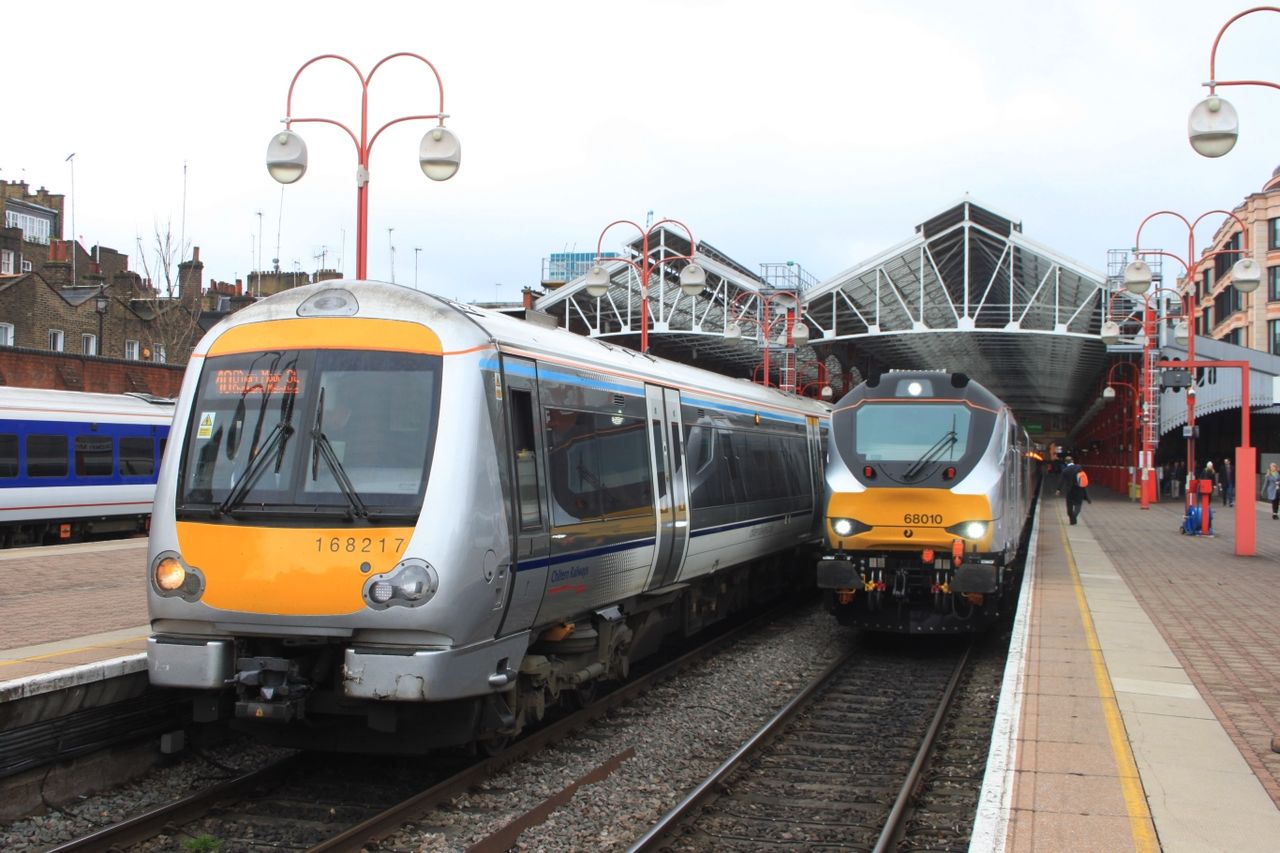

Three quarters of Silicon readers would not accept higher train fares for better mobile coverage despite a report form the Department for Transport (DfT) claiming commuters would pay up to a fifth more for enhanced 4G.
According to our poll, 9.1 percent of readers would pay more for faster speeds but 16.4 percent would shell out for better reliability.
However 74.5 percent say nothing would convince them to pay more for their ticket.
Better connectivity, more advanced devices and the adoption of cloud has made working on the go easier than ever but annual fare increases, poorer service and industrial action have made commuting an expensive ordeal.
And it seems that Silicon readers have had enough.
There are however a number of moves to improve connectivity on the UK’s rail network.
A number of rail operators have introduced Wi-Fi services, but the government wants free wireless connectivity to be a condition of any future rail franchise bid, with a £50 million fund available to accelerate deployment.
EE is one mobile operator that has promised to improve cellular coverage along major train routes, but this can be made difficult because signals are more likely to bounce off carriages than penetrate them. Rival Three has suggested train operators should help foot the bill.
Transport for London (TfL) has confirmed that Crossrail will have in-tunnel 4G when services go live next year. Cellular coverage is still absent from the London Underground however.
American space agency prepares for testing of Boeing's Starliner, to ensure it has two space…
As UK and Europe develop closer military ties, European Commission says it will invest €1.3…
Zuckerberg seeks to revive Facebook's original spirit, as Meta launches Facebook Friends tab, so users…
Notable development for Meta, after appeal against 2021 WhatsApp privacy fine is backed by advisor…
First sign of shake-up under new CEO Lip-Bu Tan? Three Intel board members confirm they…
Trump's nominee for SEC Chairman, Paul Atkins, has pledged a “rational, coherent, and principled approach”…